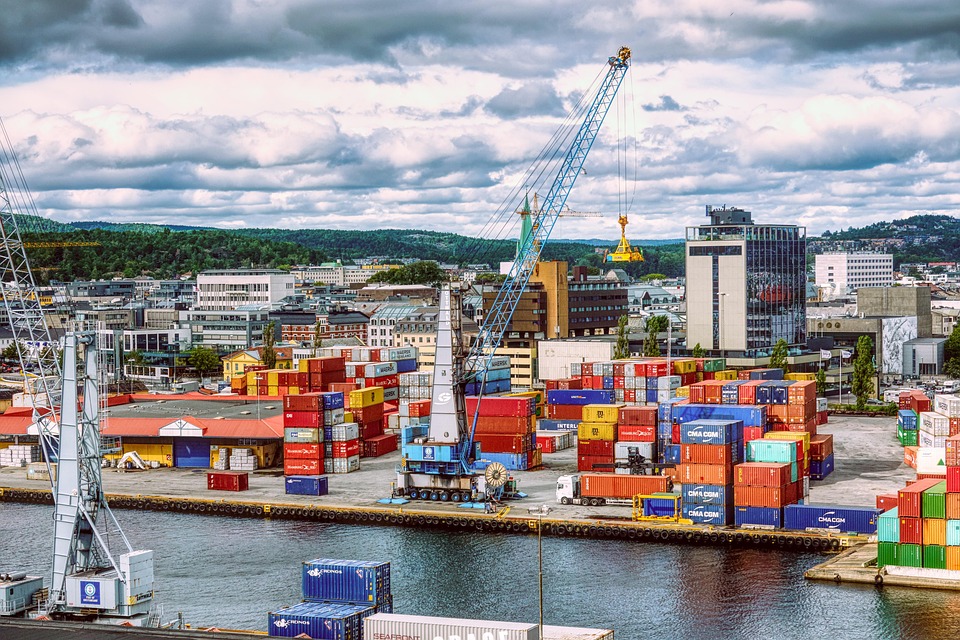Competent tax authorities...
How do hidden additional costs affect enterprise profits?
While most foreign trade enterprises focus on basic agency fees (typically 1%-3%), they often overlook these hidden expenses:

Can self-operated exports really save agency fees?
Document processing fees: Separate charges for pro forma invoice certification, certificate of origin legalization, etc.
Expedited service fees: Green channel fees for pre-holiday customs declarations may triple regular fees
Exception handling...
This email may seem ordinary, but behind it lies customer concerns about price increases, compliance requirements, and a test of the companys adaptability. My friend said clients actually understand well - many U.S. companies have long dispersed production, R&D, and warehousing globally. While tariff wars may not appear to cause fundamental damage, the real trouble is the widespread anxiety. A 54% tariff plus another 50% sounds frightening, but what truly gives headaches is the uncertainty.
Many enterprises mistakenly believe self-operated exports can save 3-5% in agency service fees. However, according to 2024 General Administration of Customs statistics, first-time self-operated export enterprises incur average hidden costs of 127,000 yuan, mainly including:
Simply put, tariff wars are games between nations, but businesses become the soldiers on the front lines. Policy changes may increase costs, disrupt supply chains, and reduce market competitiveness. Especially for companies with rapidly moving global supply chains - they can easily get knocked off balance by these winds.
For example, while U.S. clients worry about price hikes, suppliers are suffering too. Verifying products, calculating costs, finding alternatives - each step requires significant time and effort. Not to mention some smaller countries may adjust tariffs on China as bargaining chips for U.S. tariff reductions. These chain reactions represent the bigger chess game businesses should watch closely.
Demurrage fees caused by HS code misclassification (accounting for 42% of hidden costs)
Facing tariff wars, companies shouldnt confront directly but also cant remain passive. What to do? Let me offer some strategies:
- Communication is king
Dont leave clients guessing. Quickly explain the situation via email or phone - how tariffs are changing, the potential impact, and your action plan. More transparency builds confidence for continued cooperation. - Supply chain checkup
Immediately review your supply chain to identify vulnerable points. How much will costs rise? Can you switch suppliers? Solid preparation reduces risks and demonstrates professionalism. - Look at the big picture
Tariff wars affect more than just China and the U.S. Monitor smaller countries movements too. What if they impose tariffs? Plan ahead rather than scrambling for umbrellas when the storm hits.
Amendment fees from documentation errors (averaging...
No one knows how this tariff war drama will end, but businesses cant just be spectators - they must find opportunities in chaos. Like my friends email response, act quickly yet steadily, maintain compliance while reassuring clients. Meet trouble with countermeasures - this battle tests both composure and wisdom. What do you think?


 Follow the customer service WeChat account.
Follow the customer service WeChat account.